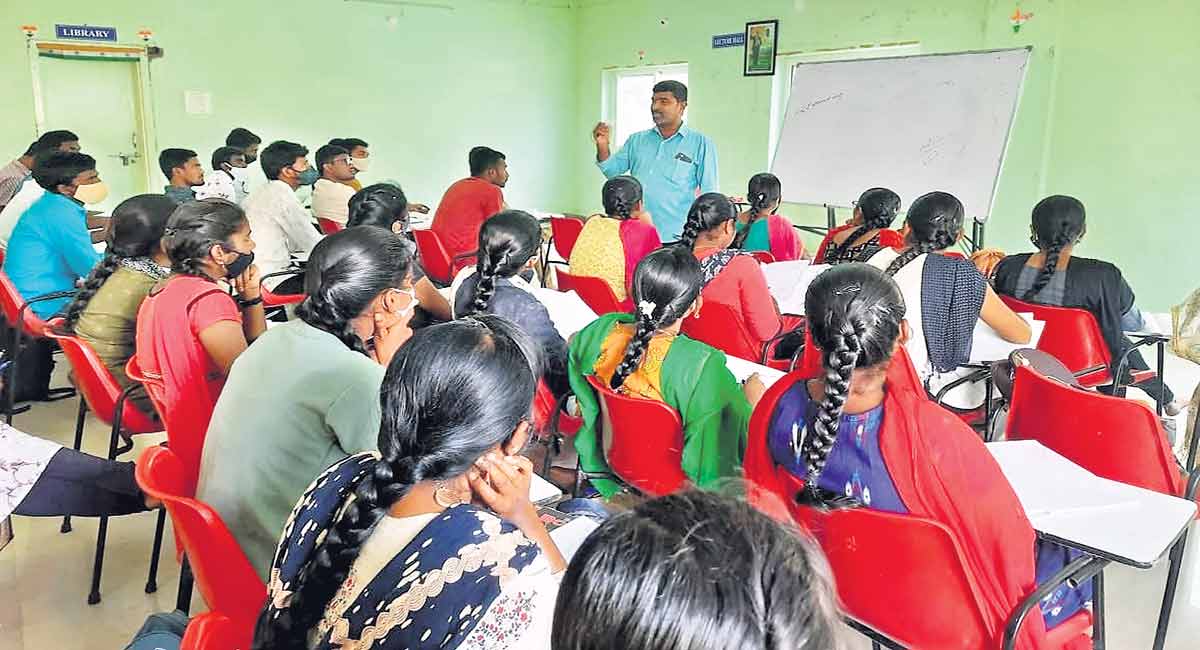Here is the story of Hyderabad State

Hyderabad: Aspirants should have the knowledge of why Hyderabad was considered to be a ‘Part-B’ State by virtue of the constitution
Mulki Farman: The Telangana area formerly was a part of the State of Hyderabad. The Hyderabad State comprised to three linguistic areas, Telangana, Marathwada and Karnataka. In 1919 the last Nizam, Mir Osman Ali Khan issued a Farman promulgating what has come to be known as Mulki rules.
These rules were contained in Appendix ‘N’ to the Hyderabad Civil Service Regulations. In fact the terms ‘Mulki’ and ‘Mulki rules’ were used in Rule 39 of the said regulation. Appendix ‘N’ provided who should be considered Mulki for purpose of appointment to any service in the former State of Hyderabad.
The Rule 39 provided: “No person will be appointed to any superior or inferior service without specific sanction of His Exalted Highness, if he is not a Mulki in terms of the rules laid down in Appendix ‘N’. any person, whose domicile is cancelled under para 9 of the Mulki rules, will be considered to have been dismissed from his post from the date of such cancellation.”
Appendix ‘N’ in all contains six rules. It is unnecessary to read them all fully here. It is perhaps enough for our purpose to read Rule 1 which defines the term ‘Mulki’.
1. A person shall be called a Mulki if:
(a) By birth he is a subject of Hyderabad State; or
(b) By residence in the Hyderabad State he has been entitled to be a Mulki; or
(c) His father having completed 15 years of service was in the Government service, at the time of his (child’s) birth; or
(d) She is a wife of a person who is a Mulki.”
Rule 2 states that a person shall be called a subject of the State by birth if his father was a Mulki at the time of his birth.
Rule 3 which is relevant must be read in full: “A person shall be called a Mulki who has permanent residence in the Hyderabad State for at least 15 years and has abandoned the idea of returning to the place of his previous residence and has obtained a Certificate to that effect on a prescribed form attested by a Magistrate.”
Rules 4 and 5 relate to the effect of marriage on the question of Mulki. Rule 6 prescribes the authorities who are competent to issue Mulki certificates.
In November 1949, the Nizam by a firman confirmed the provisions relating to the Mulki rules for purposes of appointment to a post under Government. These rules had the force of law and remained effective till the Constitution of India came into force on January 26, 1950. On that date by virtue of the Constitution, the Hyderabad State was declared as Part ‘B’ State. In so far as the Mulki rules for appointments on the basis of residence were concerned, it is common ground that they were continued as law in force.
— Prof. Adapa Satyanarayana
Retired Professor
Department of History, Osmania University
Ph. 9573405551







